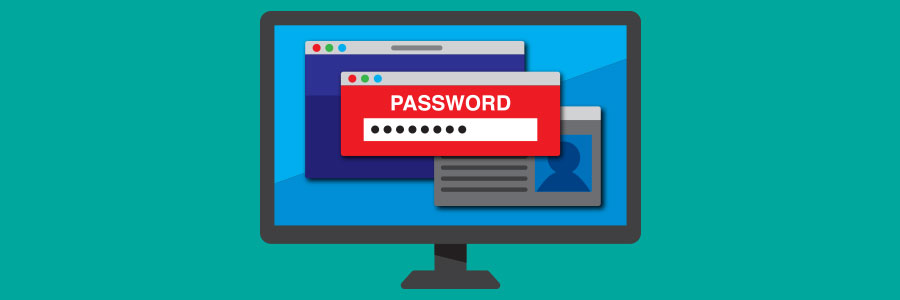Email is one of the best things the internet has made possible. We use email to signup for websites, apply for jobs, make payments, and many more. But email users also run the risk of account hijacking, malware attacks, and other cyberthreats. To secure your emails, follow these crucial tips.
Guarding your company’s data

Some of the most well-known companies in the world have been victims of cyberattacks, including Sony Pictures, Home Depot, Adobe, and eBay. While major corporations are high-profile targets for hackers, small- and medium-sized businesses are not exempt, so they need to secure their networks and data.
Get ahead of cybersecurity with these basic IT terms
Two excellent ways to verify user identity

To keep your network safe from cybercriminals, your first line of defense should be a secure login process. When it comes to verifying user identity, you can choose between two-step authentication and two-factor authentication. Know more about the difference between the two, so you can have a better appreciation of your cybersecurity options.
Warning signs your computer has malware
Should you monitor your employees online?

To monitor your employees, or not to monitor them, that is the topic of this blog post. If you’ve ever considered checking in on your staff’s online activities, you may have hesitated about whether or not it’s the right decision. We’ve listed the pros and cons of monitoring your employees, and some tips to make it a success if you go through with it.
Cybersecurity and managed IT services
Threats facing financial institutions today
Fileless malware: The guileful threat

Fileless malware isn’t new and are an increasingly prevalent threat against organizations. This type of malware is not as visible as traditional malware and employs a variety of techniques to stay persistent. Consequently, it can adversely affect your business process and the infrastructures that run them.






